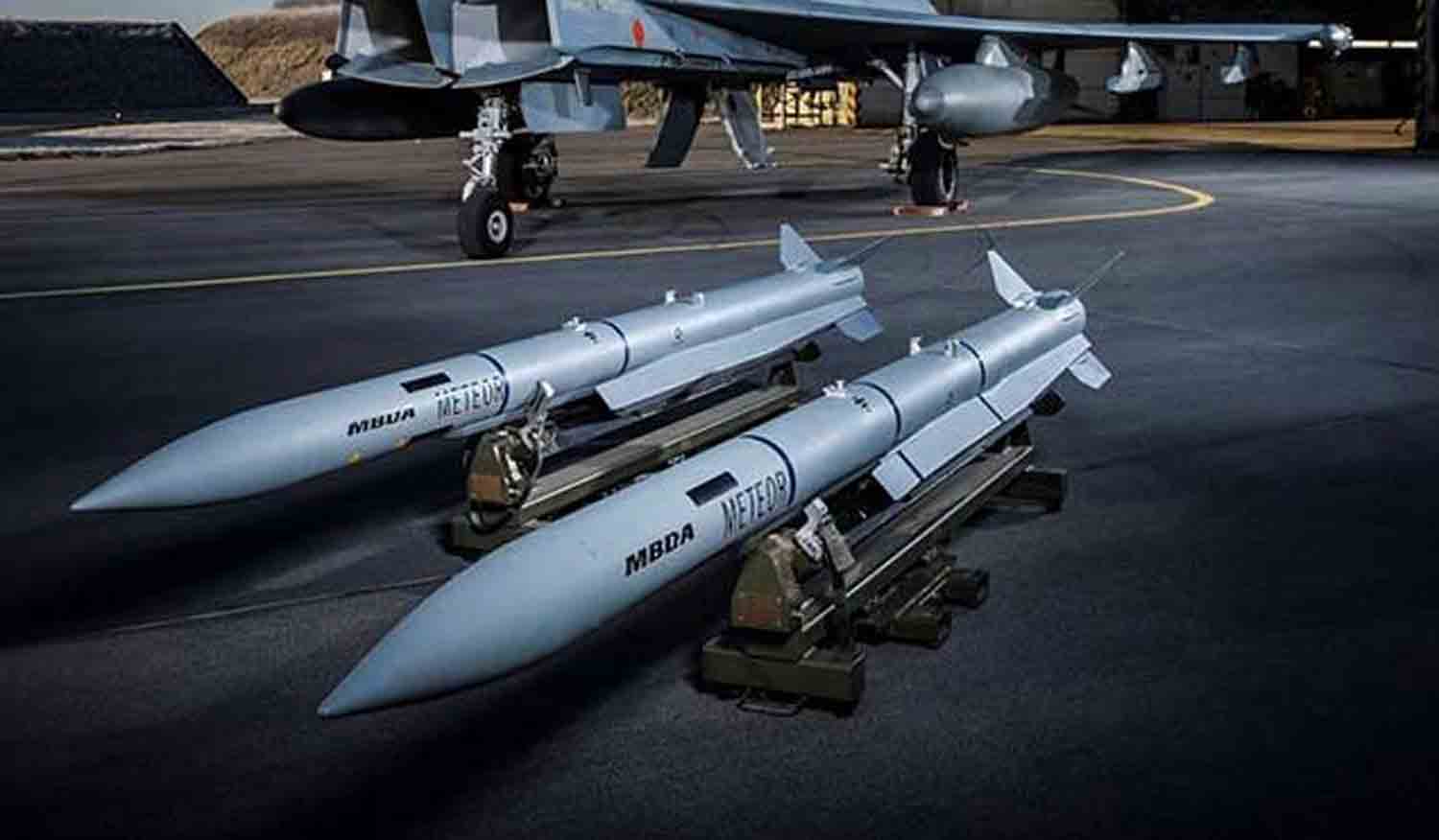Friedrich Merz is poised to become Germany‘s next chancellor following the victory of his conservative party in the national election on Sunday. He has pledged to work towards granting Europe “true independence” from the United States as he embarks on the task of forming a government.
At 69 years old, Merz faces the challenge of navigating complex coalition talks after the far-right Alternative for Germany (AfD) achieved a historic second-place finish in a fragmented election, which saw the collapse of Chancellor Olaf Scholz’s unpopular three-party coalition.
Mainstream political parties have ruled out any collaboration with the AfD, which has garnered support from notable U.S. figures, including tech billionaire Elon Musk, a known ally of former President Donald Trump. Merz, who lacks prior governmental experience, is set to lead Europe’s largest economy at a time when it is grappling with economic difficulties, societal divisions over migration, and security concerns amid tensions with both the U.S. and assertive powers like Russia and China.
Following his electoral success, Merz made pointed remarks about the U.S., criticizing what he termed the “ultimately outrageous” statements emanating from Washington during the campaign, likening them to hostile interventions from Russia.
“We are facing immense pressure from both sides, and my top priority is to foster unity in Europe. Achieving this unity is indeed possible,” he stated during a roundtable discussion with fellow leaders.
Despite President Trump’s positive reception of the election results, Merz, previously viewed as an atlanticist, expressed that Trump’s administration has been “largely indifferent to the fate of Europe.” He emphasized that his primary goal will be to rapidly enhance Europe’s strength to gradually attain genuine independence from the United States.
He even took the initiative to inquire whether the upcoming summit of the North Atlantic Treaty Organisation, which has been a cornerstone of Europe’s security for many years, would still maintain “NATO in its current form.”
In a campaign marked by violent incidents that led to the arrest of individuals from migrant backgrounds, the conservative CDU/CSU coalition secured 28.5% of the votes, followed by the AfD with 20.5%, according to a projection released late Sunday by ZDF broadcaster. The AfD, anticipating a significant increase from their previous performance, viewed the results of Sunday as merely a starting point. “Our hand remains outstretched to form a government,” stated leader Alice Weidel to her supporters, adding, “next time we’ll come first.”
MERZ’S JUGGLING ACT
Merz is entering coalition negotiations without a robust bargaining position. Although his CDU/CSU emerged as the largest faction, it achieved its second-lowest result since World War II. It remains unclear whether Merz will require one or two coalition partners to secure a majority, as the status of smaller parties is uncertain, potentially complicating parliamentary calculations.
A three-way coalition could prove to be more cumbersome, hindering Germany’s capacity to demonstrate decisive leadership. Chancellor Scholz’s Social Democrats (SPD) experienced their worst electoral outcome since World War II, garnering only 16.5% of the vote, with Scholz acknowledging a “bitter” result, as per the ZDF projection, while the Greens received 11.8%. Strong backing, particularly from younger voters, propelled the far-left Die Linke party to 8.7% of the vote. The pro-market Free Democrats (FDP) and the newly formed Sahra Wagenknecht Alliance (BSW) party were both hovering around the 5% threshold necessary to enter parliament.
A coalition involving three parties may face increased confusion and stagnation unless all members recognize that this is their final opportunity to instigate change and curb the rise of the AfD, stated Carsten Brzeski, global head of macro at ING. He emphasized that without substantial reforms from the new government, foreign investment will likely remain subdued, further diminishing Germany’s economic prospects.
According to exit polls, voter turnout reached 83%, the highest since before reunification in 1990, with male voters leaning more towards right-wing parties, while female voters exhibited greater support for leftist options.
CARETAKER SCHOLZ
In the context of caretaker Chancellor Scholz, Friedrich Merz, a bold economic liberal who has shifted the conservative agenda further right, stands in stark contrast to former Chancellor Angela Merkel, who governed Germany for 16 years.
Merz has expressed conditional support for supplying Ukraine with longer-range Taurus missiles, a move that Scholz’s administration has hesitated to endorse, and he views Europe as firmly integrated within NATO.
The recent election followed the collapse of Scholz’s coalition, which included the SPD, the Greens, and the pro-market FDP, due to disputes over budgetary issues last November.
Prolonged coalition negotiations could leave Scholz in a caretaker position for an extended period, hindering essential policies needed to rejuvenate the German economy after two years of contraction and as businesses face competition from global counterparts.
Such a delay could also result in a leadership void in Europe, particularly as the continent grapples with various challenges, including threats of a trade war from Trump and efforts to expedite a ceasefire in Ukraine without European participation.
Discover more from Defence Talks | Defense News Hub, Military Updates, Security Insights
Subscribe to get the latest posts sent to your email.





